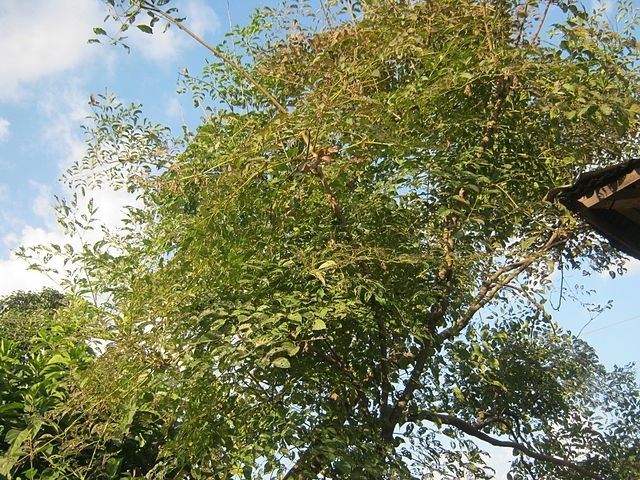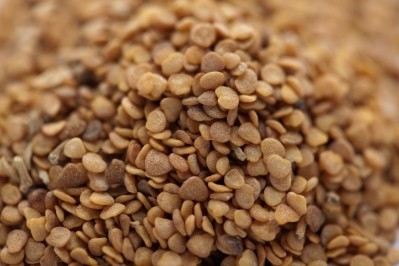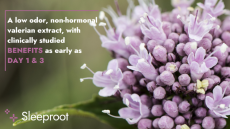SCIENCE SHORT
Ayurvedic plant O. indicum has blood sugar management potential, mouse study reveals

They described the extract as “a natural product of low-toxicity, [which] exhibited a preventive effect on the progression from prediabetes to diabetes without inducing weight gain and hepatotoxicity in high-fat-diet induced prediabetic mice,” they wrote in the journal Phytomedicine.
The plant, known as Shyonaka in Ayurvedic tradition, has some studies that looked at its potential health benefits such as respiratory and gastrointestinal health, though the body of literature is still small, and an internet search on the plant reveals it is not yet widely commercialized.
But the researchers, from Dalian University of Technology in China, argued that “O. indicum, which has been used safely in China, India and other countries in Southeast Asia for centuries.” They also have previously looked at the potential of an extract of te plant’s seeds in reducing diabetes risk in mice by controlling post-meal high blood sugar levels.
In the present study, they wanted to look closer at O. indicum’s major bioactive component, oroxin A, and its activity in prediabetic mice.
Study design and results
Both in vitro and in vivo methods were used in the study. Seeds used to extract oroxin A were acquired from a plant specimens library in China.
Mice used in the study belonged to two main groups—one group, with 24 mice, were fed a high-fat-diet and induced with prediabetes. Another 15 mice were fed a normal diet and used as a negative control.
They found that the prediabetic mice fed oroxin A by oral gavage for nine weeks had a lowered risk of diabetes compared to a group untreated with the extract.
The mechanisms observed included a reduction in post-meal hyperglycemia, relief of oxidation stress, and improvement of insulin sensitivity. This led the researchers to argue that oroxin A “reduced the incidence of diabetes in prediabetic mice through a multi-pathway intervention.”
Source: Phytomedicine
Published online ahead of print, https://doi.org/10.1016/j.phymed.2017.10.003
Oroxin A from Oroxylum indicum prevents the progression from prediabetes to diabetes in streptozotocin and high-fat diet induced mice
Authors: Wenlong Sun, et al.
















